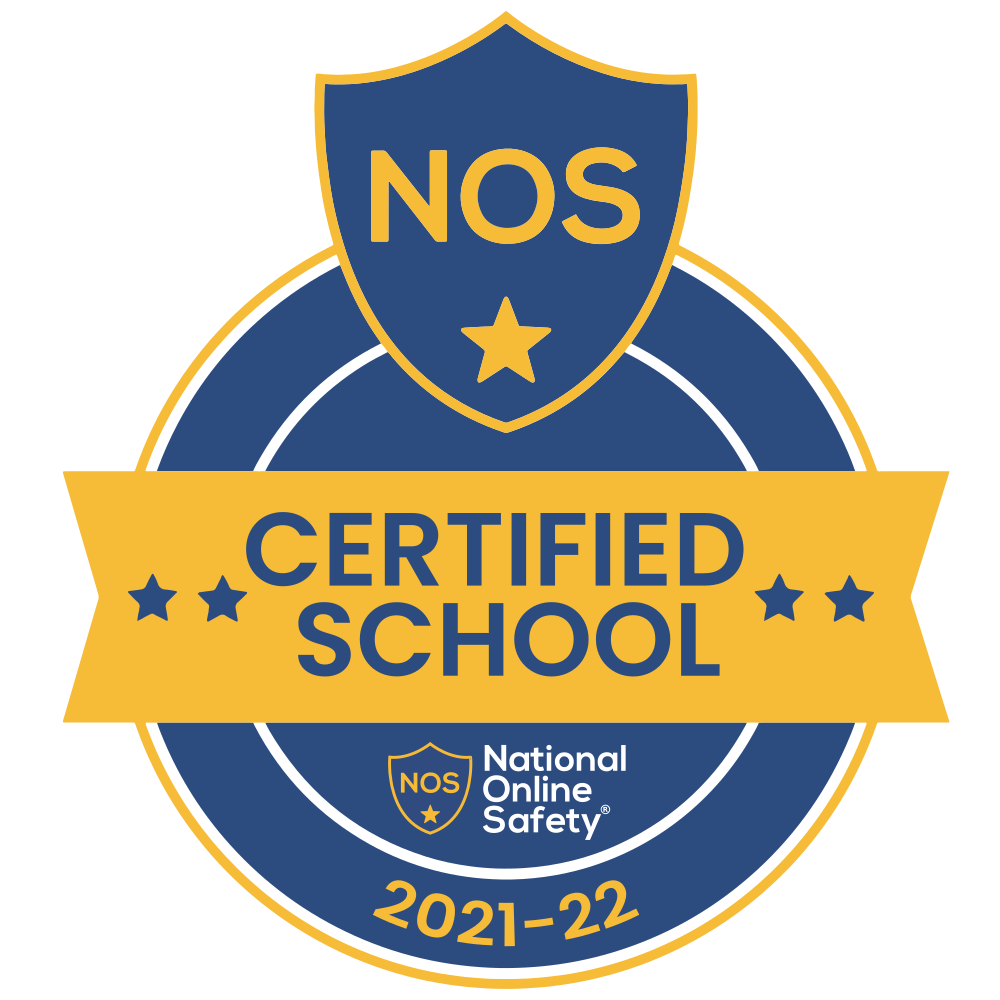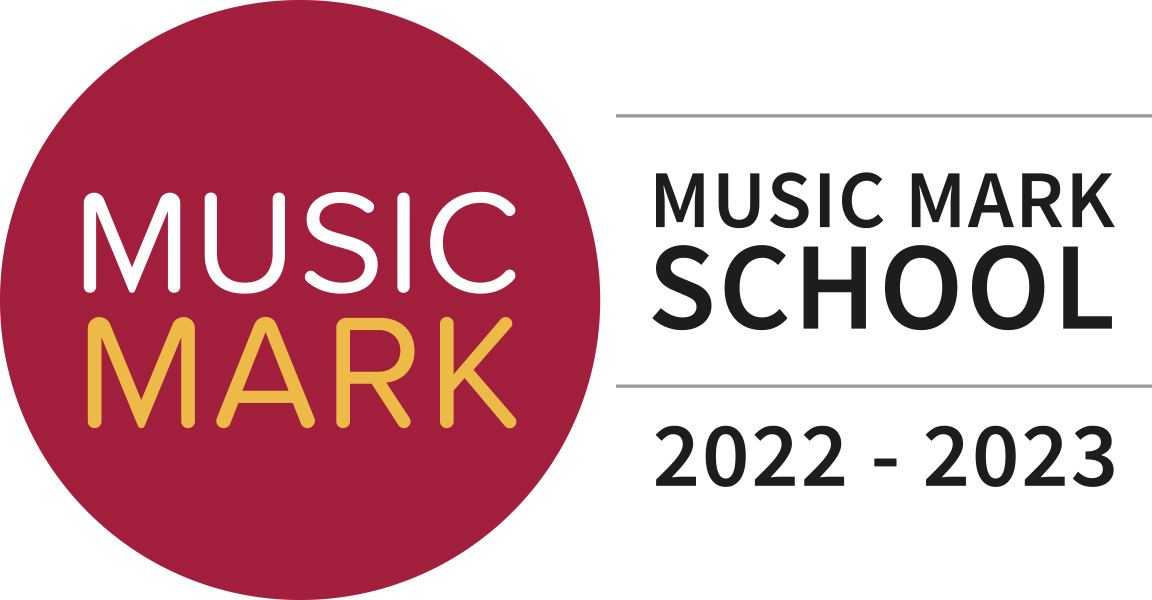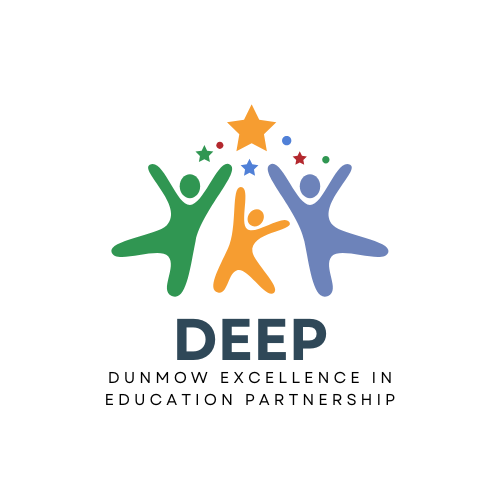Year Three
MEET THE TEAM

Becki Keeble - Woodpeckers
Year Three Teacher
ABOUT
Pupils continue to be taught subjects linked across our Explore, Discover and Create themes, with a growing focus on building their competency in each subject. They are beginning to produce sustained pieces of writing and are more able to apply knowledge used in a variety of subject areas to solve problems or justify opinions. Swimming continues to be taught formally.
USEFUL DOCUMENTS
|
|
|
THIS YEAR WE ARE LEARNING
Art & Design
Painting - Extreme Earth
- Explore the work of Hokusai
- Experiment with different effects and textures, including blocking in colour, washes, thickened paint creating textural effects
- Work on a range of scales e.g. thin brush on a small picture etc
- Create different effects and textures with paint according to what they need for the task.
- Mix colours and know which primary colours make secondary colours
- Use more specific colour language
- Mix and use tints and shades
Drawing -Stone Age to Iron Age
- Explore a variety of different Stone Age cave drawings
- Experiment with ways in which surface detail can be added to drawings.
- Use sketchbooks to collect and record visual information from different sources.
- Make marks and lines with a wide range of drawing implements, e.g. pencils, rubbers, crayons, pastels, felt, tips, charcoal, ballpoints, chalk.
- Experiment with different grades of pencil and other implements to create lines and marks.
3D - The Great Outdoors
- Visit and explore the Henry Moore Garden and its variety of sculptures.
- Record and sketch ideas from observation
- Plan, design and make models from observation or imagination
- Join clay adequately and construct a simple base for extending and modelling other shapes
- Create surface patterns and textures in a malleable material
Computing
Computing Systems and Networks: Networks
- Introduction to the concept of networks, learning how devices communicate. From identifying components, learn how information is shared and deepen this understanding by exploring examples of real-world networks.
Programming: Scratch
- Using the coding platform ‘Scratch’ to build skills that enable pupils to program an animation, a story and a game.
Computing Systems and Networks: Journey inside a Computer
- Understanding what the different components of a computer do and how they work together.
Design Technology
- Structures - Shell Structures
- Food - Healthy and Varied Diet
- Textiles - 2D to 3D Shape
English
Writing
- Adventure Story
- Explanation Text
- Science-Fiction Story
- Recount
- Historical Story
- Myth
- Persuasion (Advert)
- Instructions
- Fantasy Story
- Mystery Story
- Poetry
- Non-Chronological Report
Reading
- Diversity and Equality
- Extreme Earth
- Disney
- Explorers
- Robots
- Christmas
- Stone Age to Iron Age
- Super Science
- Monsters
- Ancient Egypt
- Classics
- The Great Outdoors
- Pirates
- Mystery
- Other Cultures
- Magic
- Author Study
French
- Phonics 1
- I am Learning French
- Number
- The Date
- Presenting Myself
Geography
- Extreme Earth
- Explorers
History
Stone Age to Iron Age
- Is it true to say that Stone Age man was just a simple hunter-gatherer only interested in food and shelter?
- How much did life change when man learnt to farm?
- What can we learn about life in the Stone Age from a study of Skara Brae?
- Why did they build Stonehenge?
- What was life like in the Iron Age and how do we know?
- Iron Age Hill Fort at Madien Castle
Ancient Egypt
- So you think you know about Ancient Egypt?
- How can we discover what life was like in Ancient Egypt over 5,000 years ago?
- Tutankhamun's Tomb
- What can an old clay model and a pair of sandals tell us about life in Ancient Egypt?
- Embalming the dead in Ancient Egypt
- What did Ancient Egypt have in common with other civilisations at the time?
Maths
Autumn Term
- Place Value
- Addition and Subtraction
- Multiplication and Division A
Spring Term
- Multiplication and Division B
- Length and Perimeter
- Fractions A
- Mass and Capacity
Summer Term
- Fractions B
- Money
- Time
- Shape
- Statistics
Music
Ballads
- Children learn what ballads are, how to identify their features and how to convey different emotions when performing them. Using an animation as inspiration, children carefully select vocabulary to describe the story, before turning them into lyrics by incorporating rhyming words and following the structure of a traditional ballad.
Traditional instruments and improvisation
- Children listen to a range of rag and tal music, identifying traditional instruments as well as creating their own improvisations and performing as a class.
Developing Singing Technique
- The children develop their singing technique. Learning to keep in time and work on musical notation and rhythm, the unit finishes with a group performance of a song with actions.
PE
In our PE lessons for Year 3, pupils are introduced to formal games like football, cricket, rounders and netball through fun and supportive activities that teach rules, skills and simple gameplay tactics, such as defending as a team. Pupils extend their abilities in dance and gymnastics to include observing and reflecting on their own and others' performances.
In addition to formal games, units include plenty of opportunities to help you build your pupils' overall fitness through additional agility and flexibility activities.
Autumn Term
- Gymnastics
- Dance
- Swimming
- Badminton
Spring Term
- Basketball
- Football
- Gymnastics
- Athletics
Summer Term
- Dance
- OAA
- Swimming
- Cricket
PSHE
What strengths, skills and interests do we have?
- Understanding that a healthy lifestyle includes physical activity, a balanced diet, and rest and relaxation; exploring identity through groups we belong to, and how our strengths can be used to help others; learning how to solve problems by breaking them down into achievable steps.
How does money impact our lives?
- Introduction to budgeting, learning about the different paying methods, the emotional impact of money, the ethics of spending, potential jobs and careers and learning that anyone can aspire to anything.
How can we keep ourselves safe in different places?
- Learning about: cyberbullying and how to be good digital citizens; first aid, bites and stings and how to be safe near roads. Pupils also think about choices and influence
What are our rights and responsibilities?
- Learning about children’s rights; exploring why we have rules and the roles of local community groups, charities and recycling and an introduction to local democracy
How can we be a good friend?
- Learning: how to resolve relationship problems; effective listening skills and about non-verbal communication. Looking at the impact of bullying and what action can be taken; exploring trust and who to trust and that stereotyping can exist
Valuing differences and keeping safe
- Learning about: Body differences; Personal space; Help and Support
R.E.
Philosophy Units
- What is philosophy? How do people make moral decisions?
Theology Units
- What is the Trinity?
- What do Muslims believe about God?
Human & Social Science Units
- How do people express commitment to a religion?
- What difference does being a Muslim make to daily life?
Science
- Plants
- Animals, including Humans
- Rocks
- Light
- Forces and magnets
REMINDERS









